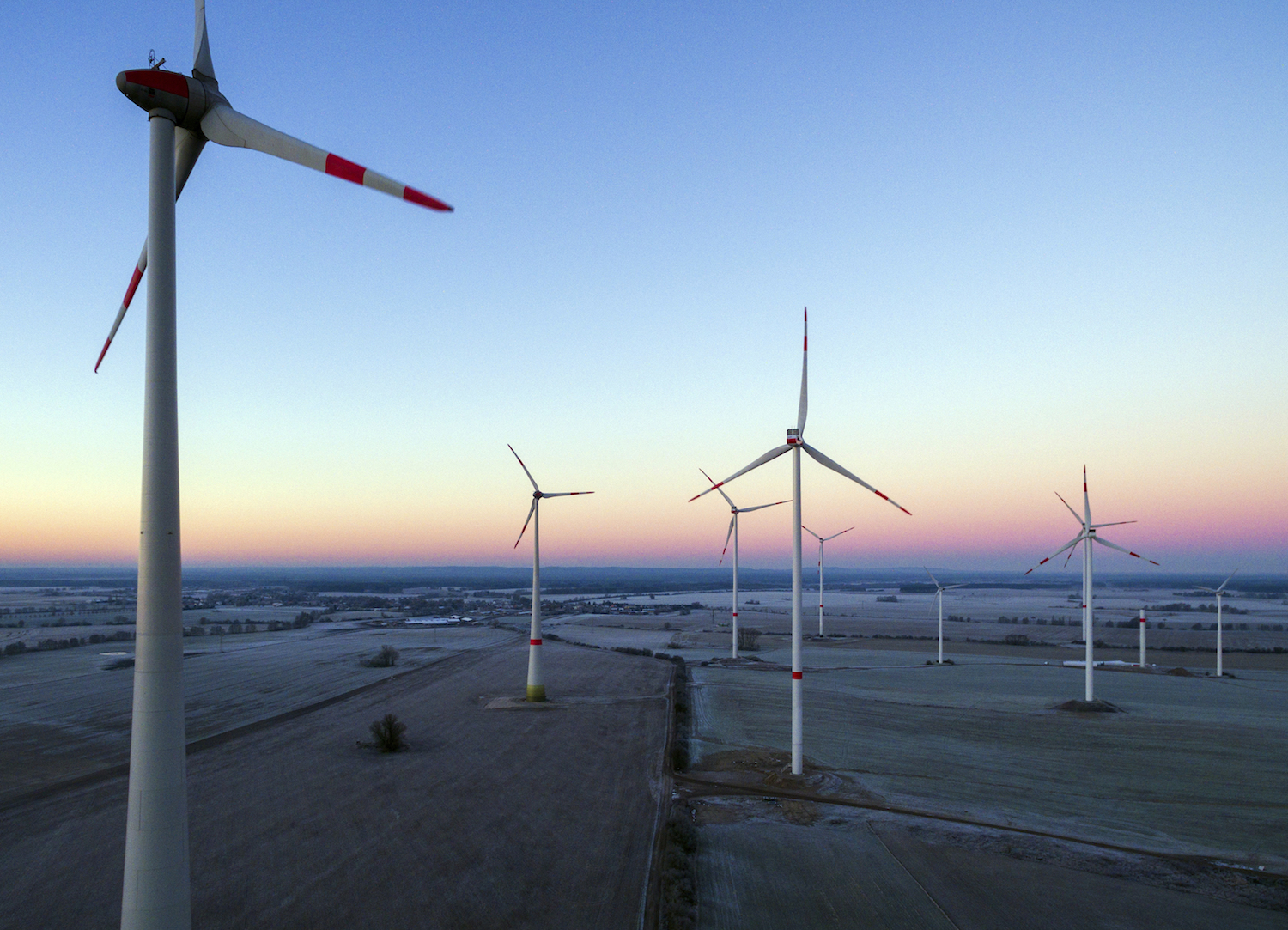One of Michigan’s largest public utilities — which provides power for more than 60 percent of the state’s residents — has promised to stop burning coal completely by 2040 in an effort to reduce its greenhouse gas emissions.
Consumers Energy president and CEO told the Associated Press that the utility accepts the consensus science on climate change, and hopes to reduce its carbon emissions by 80 percent by 2040 in an effort to “be on the right side of history on this issue.”
To achieve such deep emissions reductions, the utility plans to completely phase out coal and generate 40 percent of its energy from renewable sources like wind and solar.
In 2016, Consumers Energy shuttered seven of its 12 coal-fired power plants, which reduced its emissions 38 percent compared to 2008 levels, according to the utility. The utility currently gets 24 percent of its energy from coal and 10 percent of its energy from renewable sources.
“We believe that climate change is real and we can do our part by reducing our greenhouse gas emissions, and we also believe it doesn’t have to cost more to do it,” Consumers Energy president and CEO Patti Poppe said, adding that coal has become less cost competitive as the cost of renewable energy continues to fall.
According to a recent cost analysis from the financial firm Lazard Ltd., it is currently cheaper to build and operate renewable energy projects than to operate coal and nuclear plants in many parts of the United States.
Last May, Michigan’s other largest utility — DTE Energy — pledged to reduce its carbon emissions 80 percent by 2050 and announced plans to retire all of its coal power plants by 2040, citing both economic and environmental reasons.
Despite recent commitments, however, coal is still the primary source of electricity generation in the state of Michigan.
The announcement by Consumers Energy comes less than a month after President Donald Trump declared the end of the so-called “war on coal” during his first State of the Union address. But despite a modest — and short-lived — uptick in thermal coal exports in 2017, energy experts expect coal production to continue to decline in the coming years, hastened by cheap natural gas and renewable energy.
The Trump administration has used the struggling coal industry as justification for repealing a wide range of environmental regulations, which Trump has often blamed for the industry’s struggles. But despite repealing rules like the Clean Power Plan — which would have set emissions limits on power plants and forced more polluting utilities to switch to lower-carbon alternatives like natural gas or renewable energy — utilities continue to retire coal-fired power plants, citing economic and environmental concerns.
Since 2010, 268 coal-fired power plants have announced plans to retire or stop burning coal, a pattern that has continued under the Trump administration. According to the Sierra Club, a coal plant has announced its retirement roughly once every 16 days since Trump was elected; in the first 45 days of 2018 alone, more coal capacity announced closure plans than in each of President Barack Obama’s first three years.
Update: This piece has been updated to reflect that the amount of coal capacity retired in the firs 45 days of 2018 is more than each of Obama’s first three years, not his entire first term.

